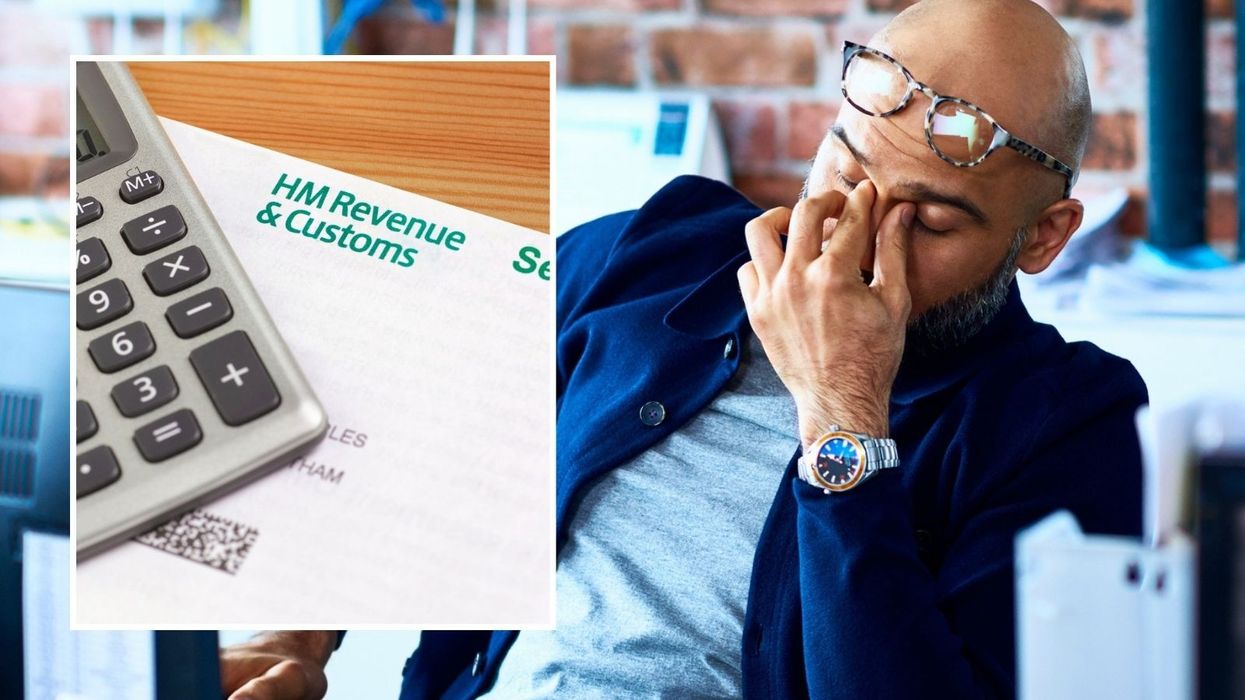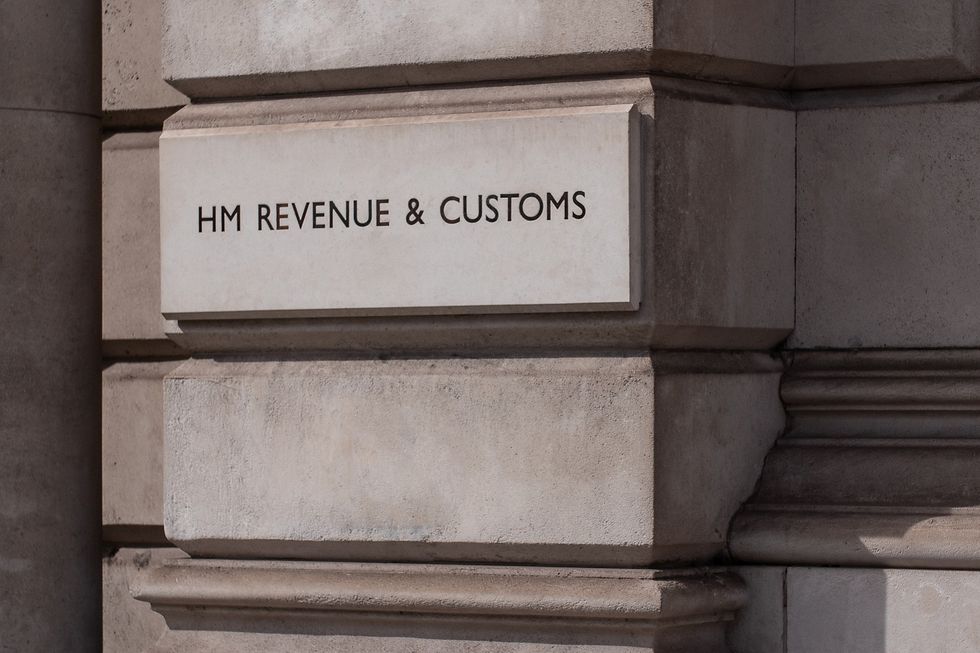HMRC rakes in an extra £1.9bn in personal tax despite National Insurance cuts - how to protect your cash

HMRC rake in an extra £1.9bn in personal tax
| GETTY
Income Tax, Capital Gains Tax and National Insurance Credits receipts for April 2024 to June 2024 have hit £108.3billion
Don't Miss
Most Read
Latest
Despite two cuts in national insurance this year, income tax take is on the rise.
Workers are warned HMRC will continue to eat into personal income as thresholds are set to remain frozen until 2028.
Personal tax intake has increased by £1.9billion over the past year, HMRC's latest tax receipt data has shown.
Income Tax, CGT & NICs receipts for April 2024 to June 2024 have hit £108.3billion.
Even though National Insurance has been cut twice, many people will stay face higher tax bills.
The NI rate fell from 10 per cent eight per cent for 27 million employees across the UK in April- the second such cut this year.

Income Tax, CGT & NICs receipts for April 2024 to June 2024 have hit £108.3 billion
| GETTYIt is worth about £450 a year to an employee on an average salary of £35,000.
However the freeze in income levels at which tax is paid will leave many with a higher income tax bill.
Inheritance Tax receipts for April 2024 to June 2024 hit £2.1billion, which is £83million higher than the same period last year.
These will continue to rise with tax thresholds frozen until 2028.
There has been speculation as to whether further tax rises are on the horizon in the next Budget.
Helen Morrissey, head of retirement analysis at Hargreaves Lansdown said: “The tax take continues to soar. National Insurance rates may have been slashed but even this hasn’t stopped the upward momentum - receipts for income tax, capital gains tax and National Insurance are up £1.9billion so far this tax year. Inheritance tax receipts are also on the way up.
"This is largely down to frozen tax thresholds. These sound less scary than tax rises but, over time, they are hugely effective at pulling more people into paying more tax.
"With these threshold freezes in place until 2028 we will see our budgets squeezed for some time yet."
The allowance for capital gains tax has been slashed to £3,000 for this tax year.
This is the latest in a number of hikes to this tax– as recently as 2022/23 the same allowance stood at £12,300.
With the new Labour government expected to announce the date for its first Budget in the coming weeks, speculation is swirling that Britons may see more painful tax rises to come.
How to protect your cash?
There are things people can do to protect their money from the tax man like keeping savings in an ISA and SIPP.
Morrisey said: "These aren’t liable to capital gains tax and so are a very tax efficient way of making the most of your money.
"It’s also worth saying that SIPPs aren’t usually subject to inheritance tax – this is a tax that has been on the rise in recent years with frozen thresholds pulling more and more people into its net.
"If assets such as our home and savings are worth more than the IHT nil rate band (currently £325,000) and the residence nil rate band (£175,000), then our families could get hit with a bill.
"However, with inheritance tax is not levied on SIPPs and pensions in most cases it can be a tax efficient way to pass money on.
If you die before the age of 75 then your beneficiaries wouldn’t pay income tax on it either, though they would if you were over 75. It’s a rule that brings essential peace of mind to know that your family won’t be left struggling should you die unexpectedly.
"However, there are many who believe the treatment is overly generous and we could see tweaks made in the coming years.”










